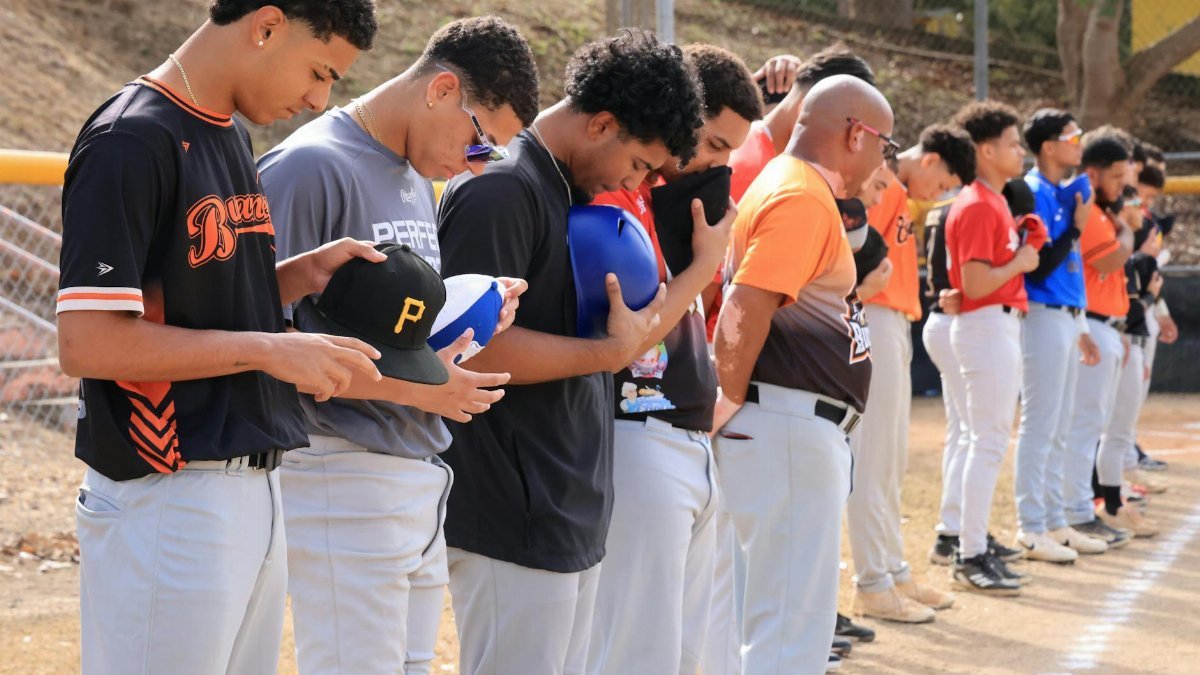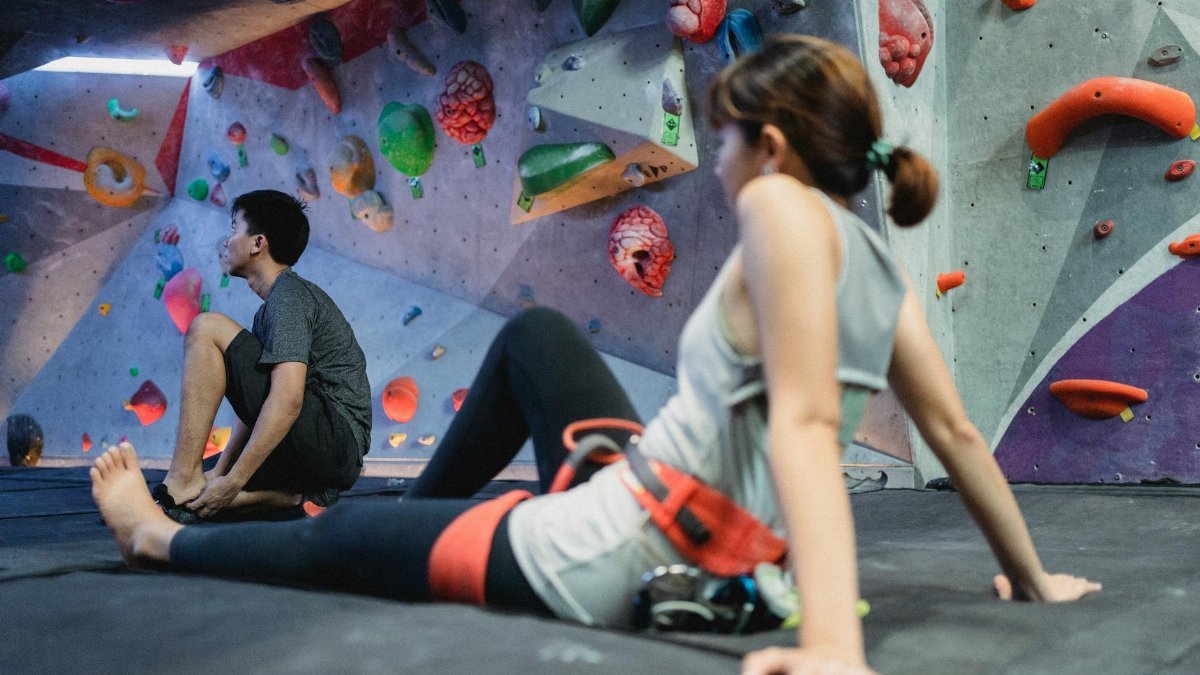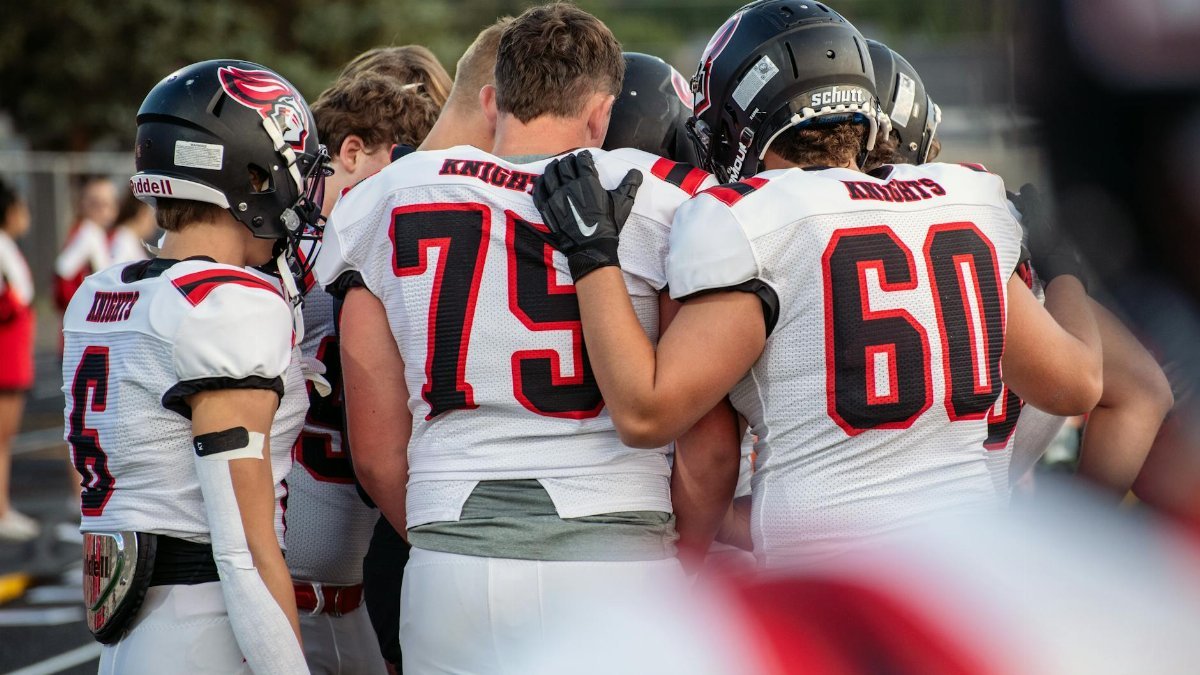Is the great falls zen bench the secret weapon Montana high-school athletes didn’t know they needed? In Great Falls, MT, a quiet revolution is unfolding on the sidelines as teams embrace a pre-game ritual dubbed the “Zen Bench.” Coaches and players are sitting in silence for five minutes before tip-off, and the results are turning heads. As of February 8, 2025, reports show sharper focus among athletes and an 11% drop in turnover rates. This small but powerful practice might just be changing the game for these young competitors.
A New Pre-Game Ritual Emerges

In the bustling world of high-school sports, where pre-game hype often means loud music and energetic warm-ups, Great Falls teams are taking a different approach. The “Zen Bench” ritual, started this season, has athletes and coaches sitting together in complete silence for five minutes before games begin. It’s a stark contrast to the usual chaos, designed to center the team mentally before they step onto the court or field.
Origins of the Zen Bench in Great Falls

While the exact origins of the great falls zen bench aren’t fully documented, the practice appears to have been inspired by mindfulness techniques gaining traction across the U.S. in 2025. Coaches in Great Falls adopted this method to combat the high-pressure environment of youth sports. The idea is simple: five minutes of stillness to clear the mind, reset emotions, and focus on the task ahead. It’s a grassroots effort that’s quickly caught on among local teams.
Sharper Focus Noticed by Coaches

The impact of this silent ritual is already evident. Coaches in Great Falls have reported a noticeable improvement in their players’ focus during games as of February 8, 2025. Athletes seem more composed, less rattled by early mistakes, and better able to execute strategies under pressure. This mental clarity is a game-changer in a sport where split-second decisions often determine the outcome. The Zen Bench appears to be grounding these young players in a way traditional pep talks couldn’t.
Turnover Rates Drop Significantly

Hard data backs up the anecdotal evidence. According to reports from Great Falls on February 8, 2025, turnover rates among high-school basketball teams have decreased by 11% since implementing the Zen Bench ritual. Fewer turnovers mean better ball control and more scoring opportunities, a critical edge in competitive play. This statistic suggests that the mental preparation provided by those five silent minutes translates directly to on-court performance.
Why Mental Preparation Matters in Youth Sports

The emphasis on mental health in sports has grown in recent years, with studies showing its direct link to athletic success. The Zen Bench taps into this trend, offering a practical way to address stress and anxiety before competition. Resources from organizations like the Centers for Disease Control and Prevention highlight the importance of mental well-being for young people. In Great Falls, this ritual is a tangible step toward prioritizing athletes’ mental game alongside their physical skills.
Potential for Wider Adoption

Given the early success in Great Falls, the Zen Bench could inspire other Montana schools—or even teams nationwide—to adopt similar practices. The simplicity of the ritual makes it accessible; no equipment or extensive training is needed, just a commitment to stillness. As youth sports continue to grapple with burnout and performance pressure, this low-cost, high-impact strategy might offer a blueprint for others in 2025 and beyond.
Challenges in Sustaining the Practice

Despite its benefits, the Zen Bench isn’t without hurdles. Getting teenagers to sit silently for five minutes can be a tough sell in an era of constant stimulation. Some players might resist, and coaches will need to balance this mindfulness practice with traditional preparation methods. Maintaining consistency across games and seasons will be key to ensuring the great falls zen bench remains a staple rather than a passing fad.
Broader Context in U.S. Sports Culture

The rise of mindfulness in sports isn’t unique to Great Falls. Across the U.S., professional and amateur teams are incorporating mental health strategies, from meditation to breathing exercises. A report by Pew Research Center notes a growing awareness of mental wellness among younger generations. The Zen Bench aligns with this shift, showing how even small interventions can yield measurable results in high-stakes environments like youth sports.
